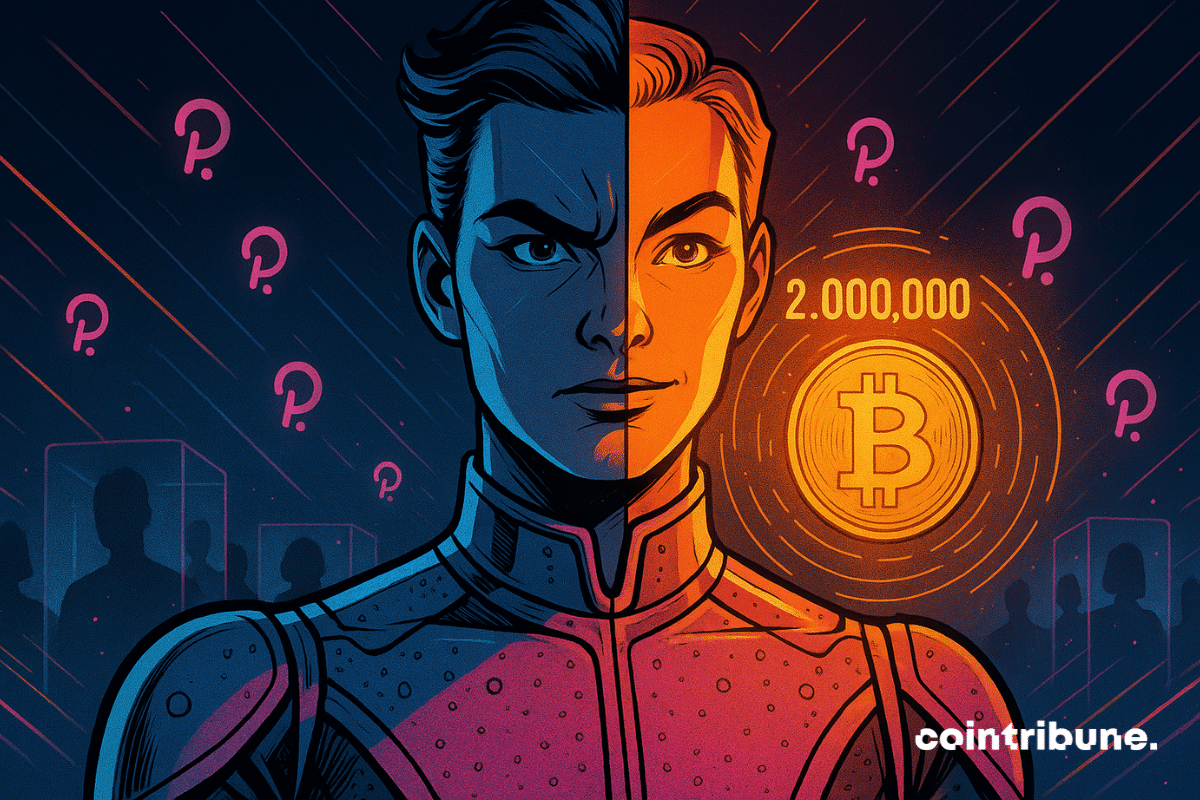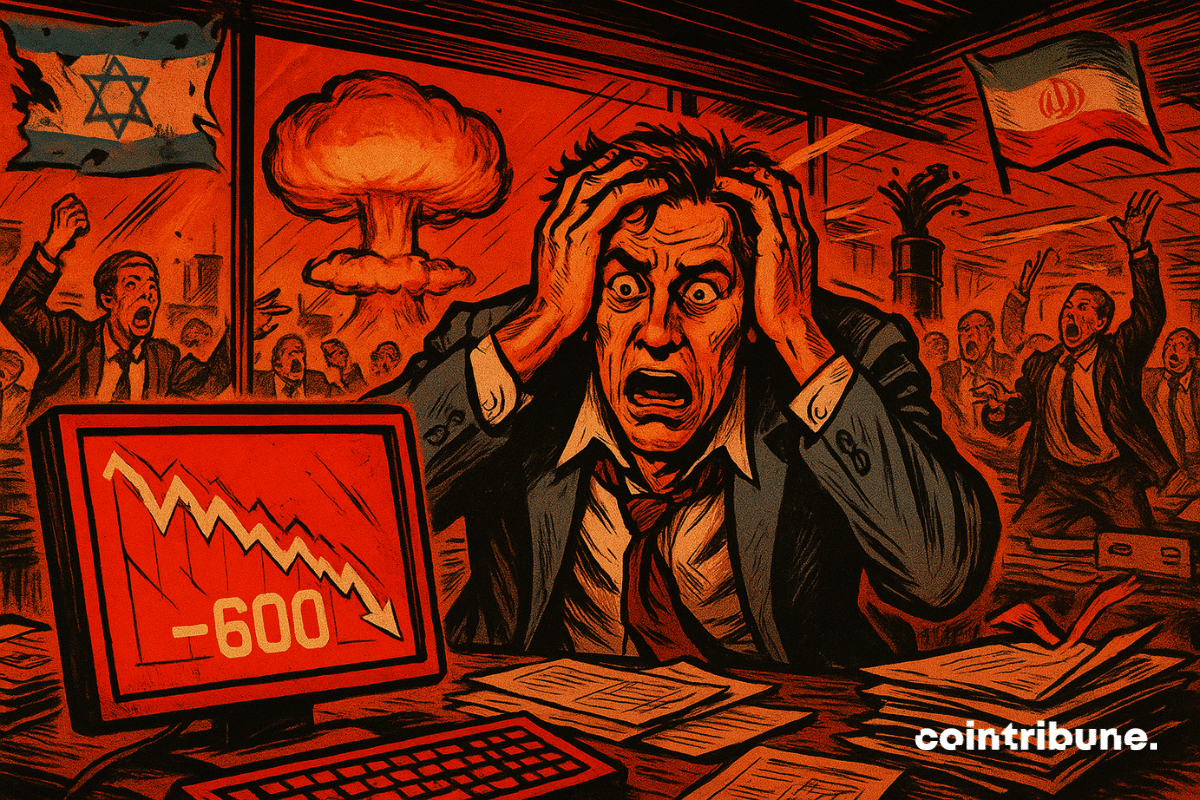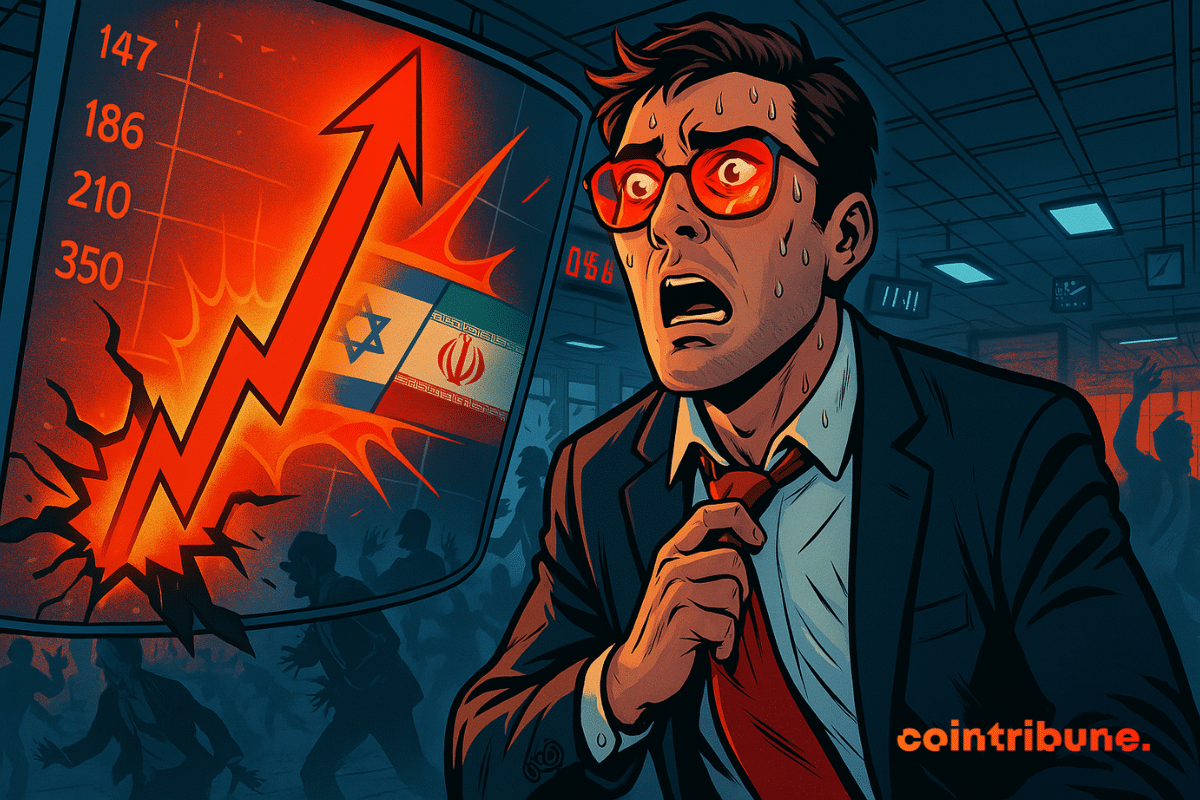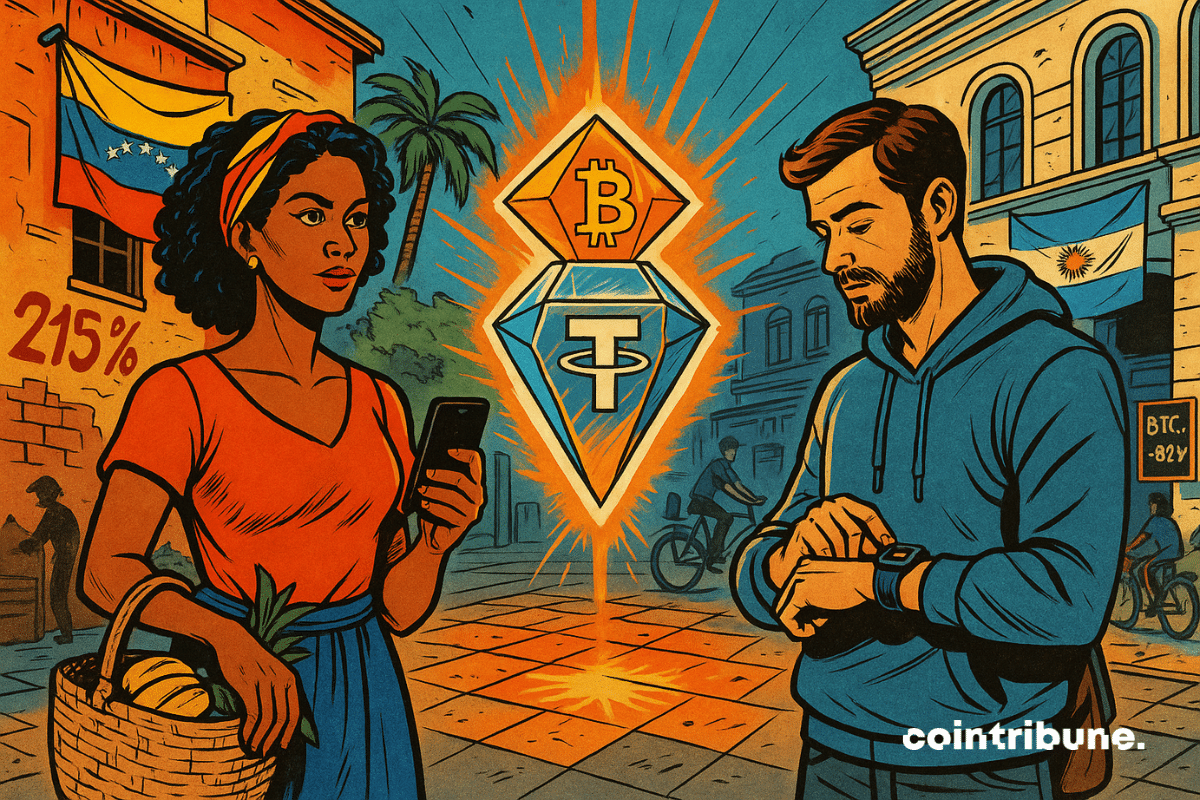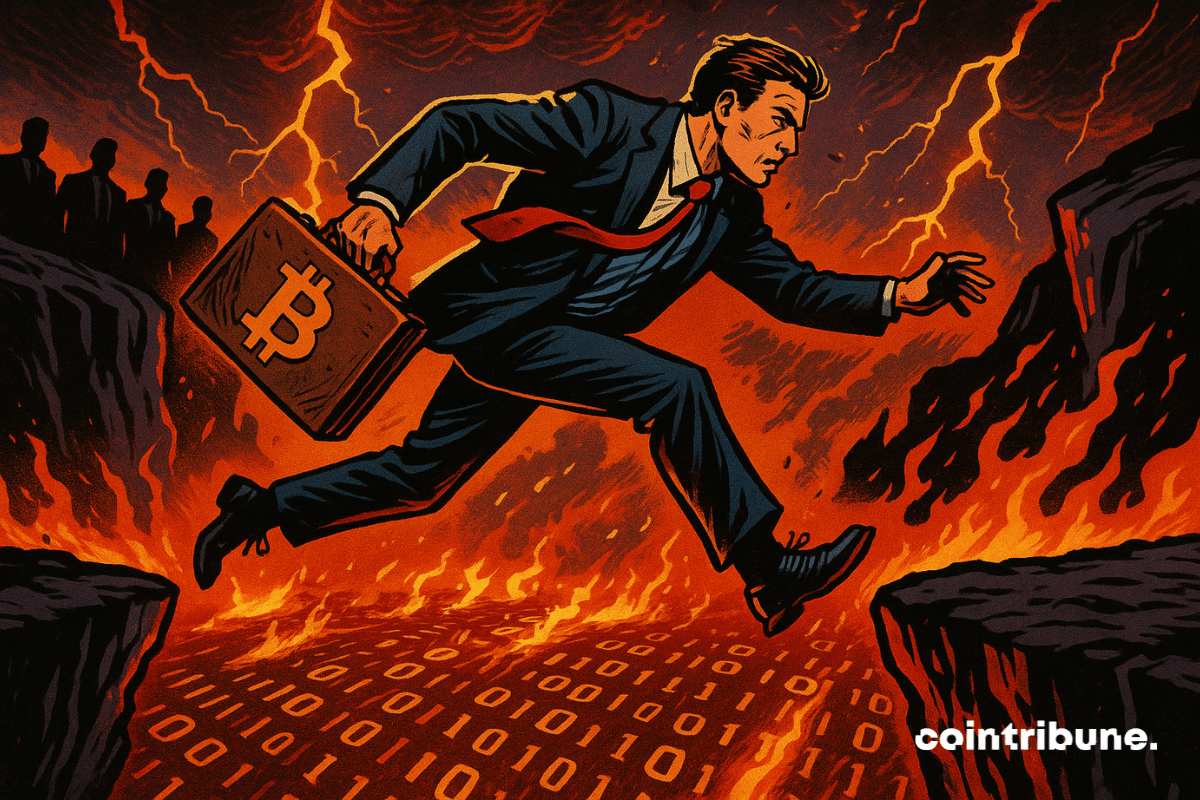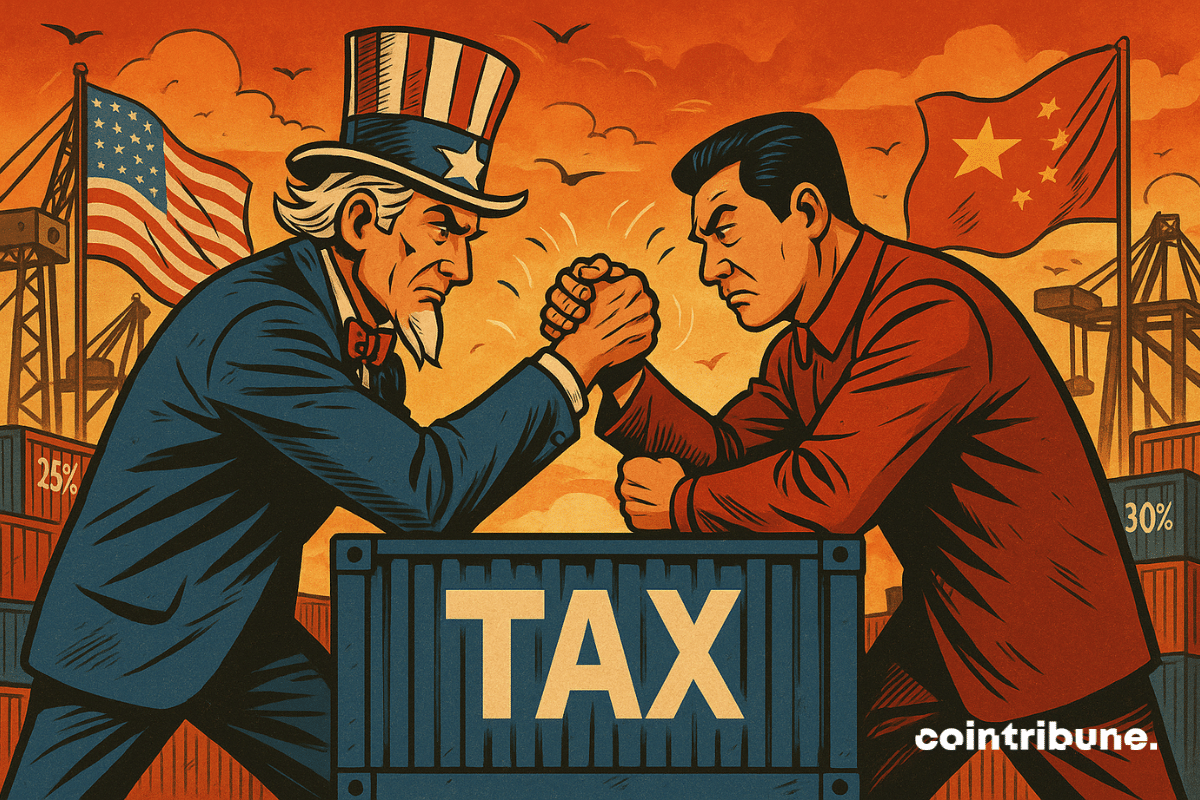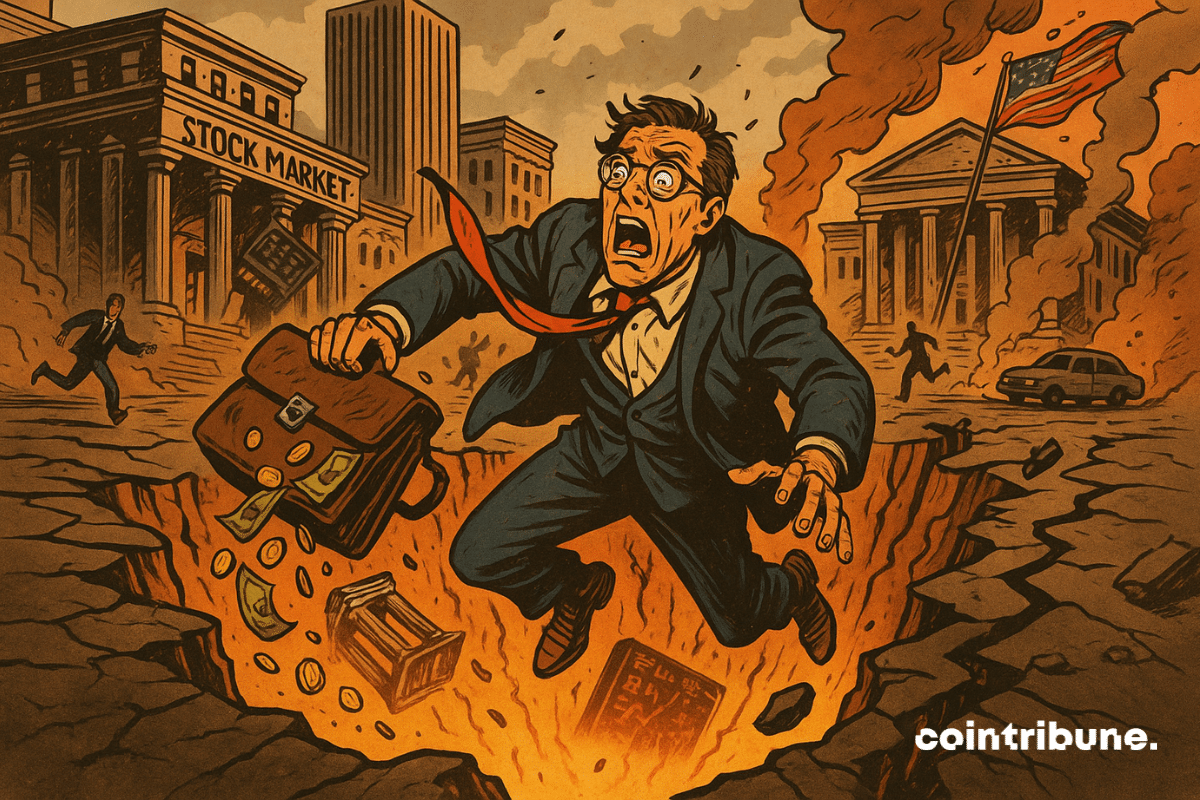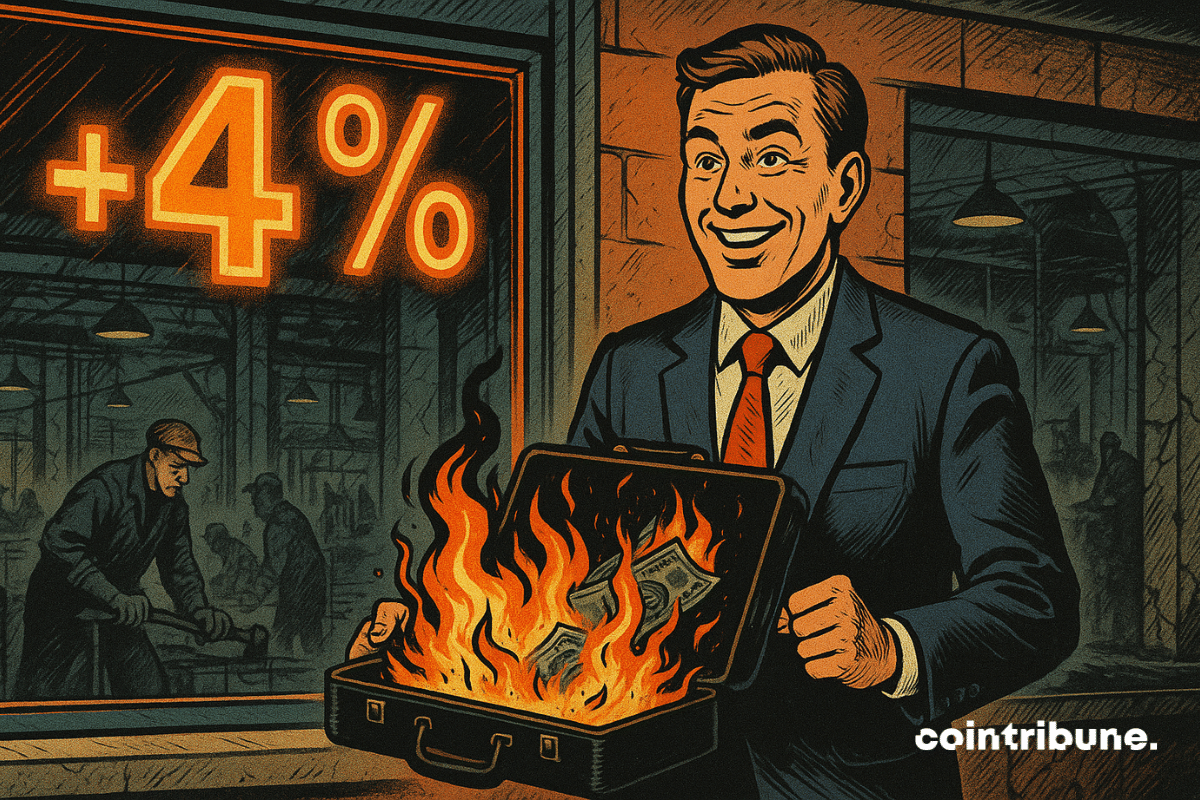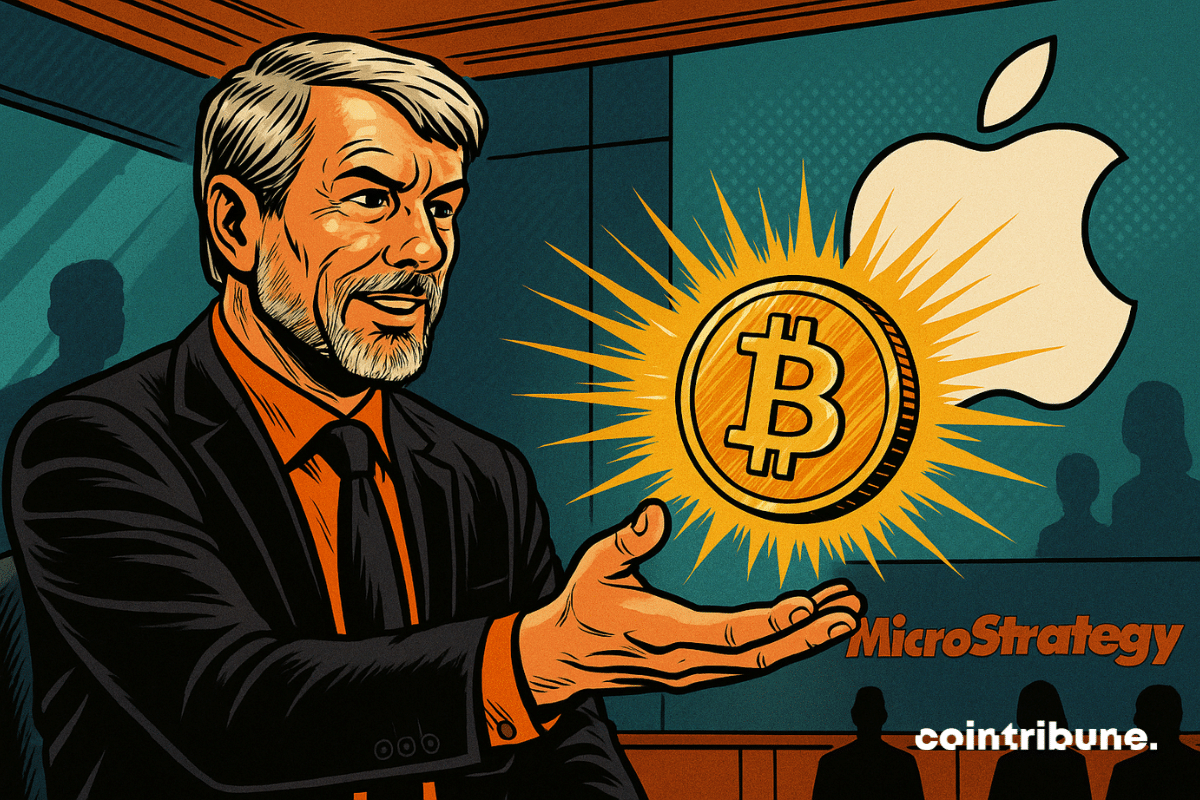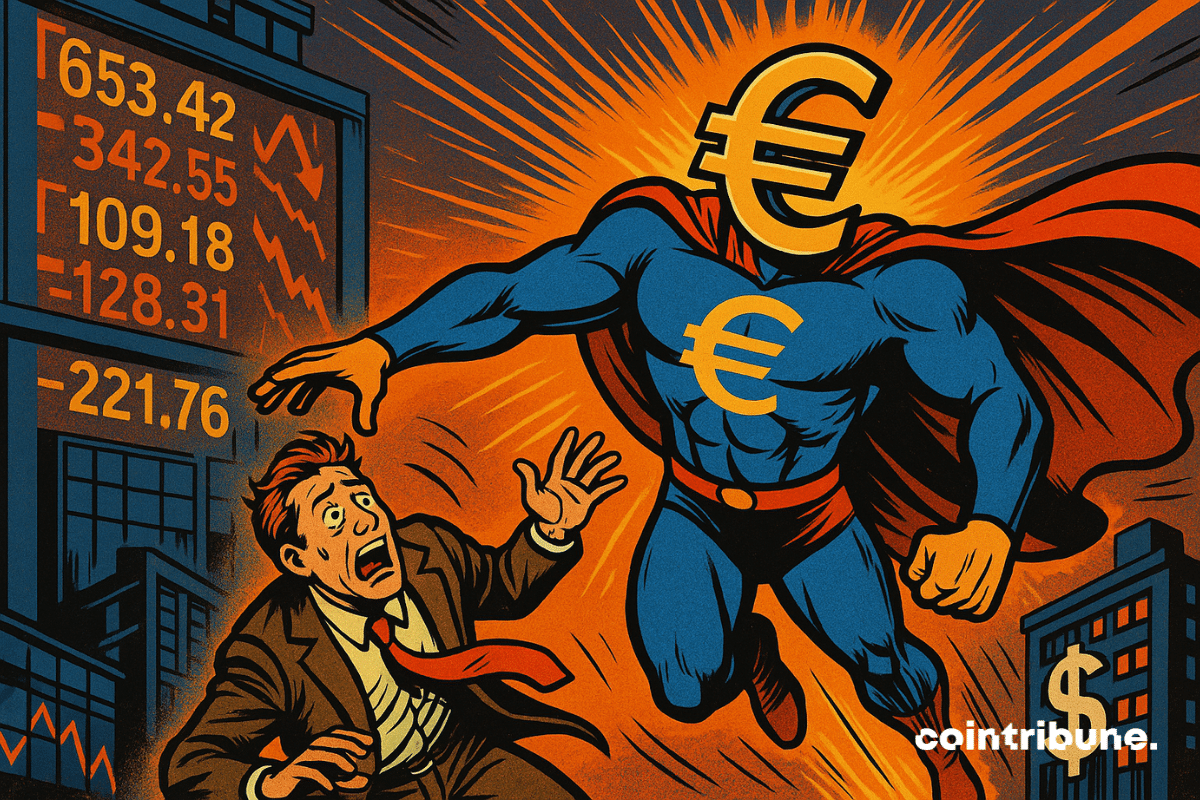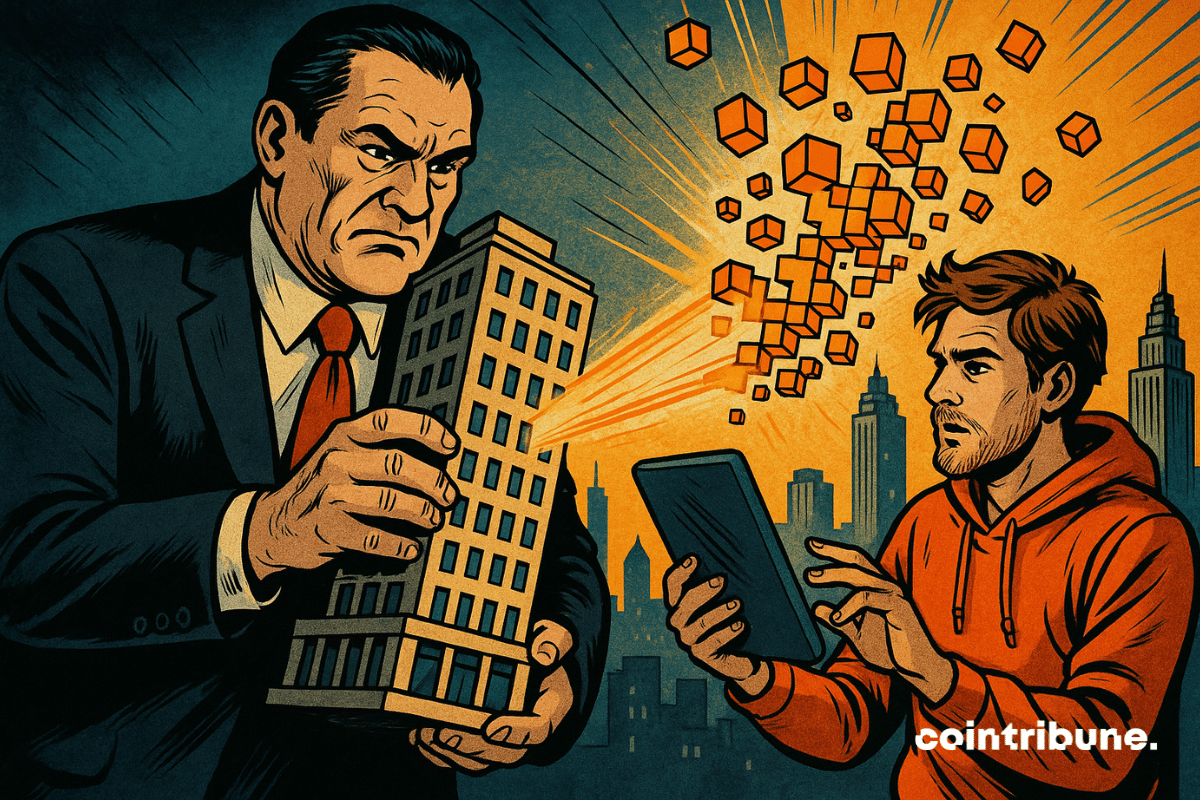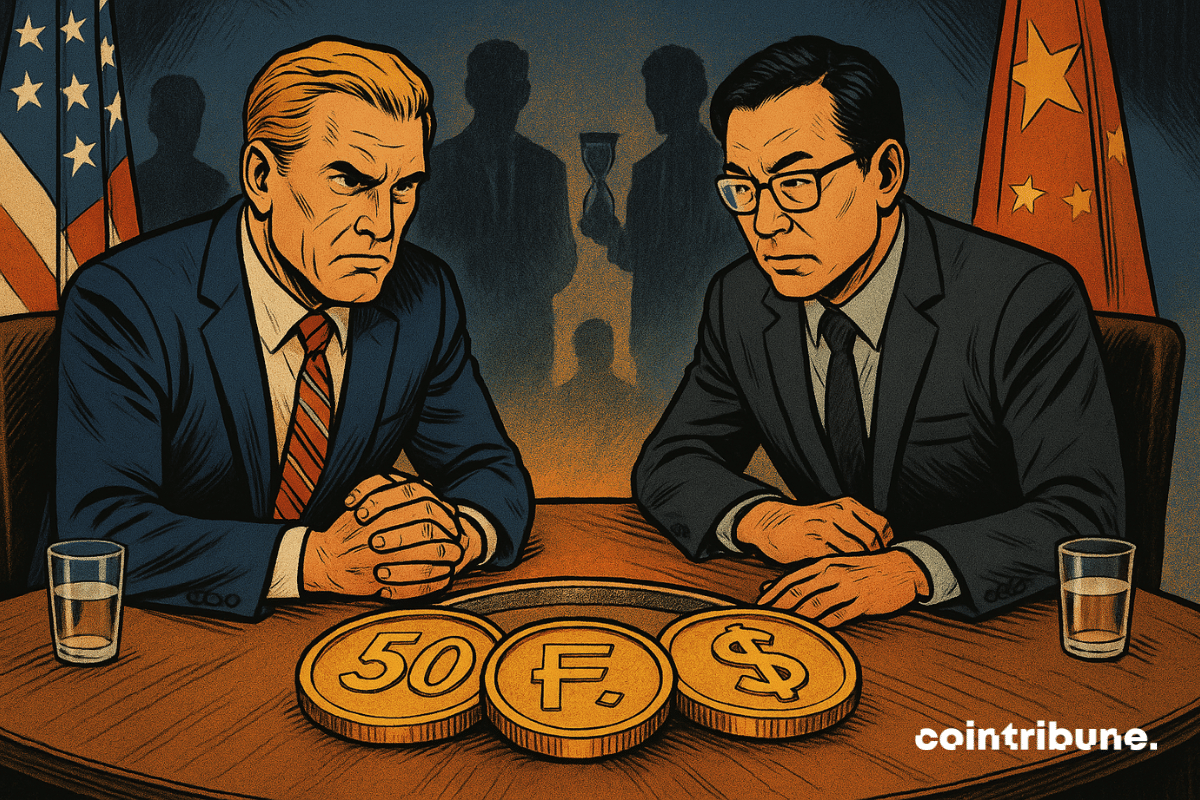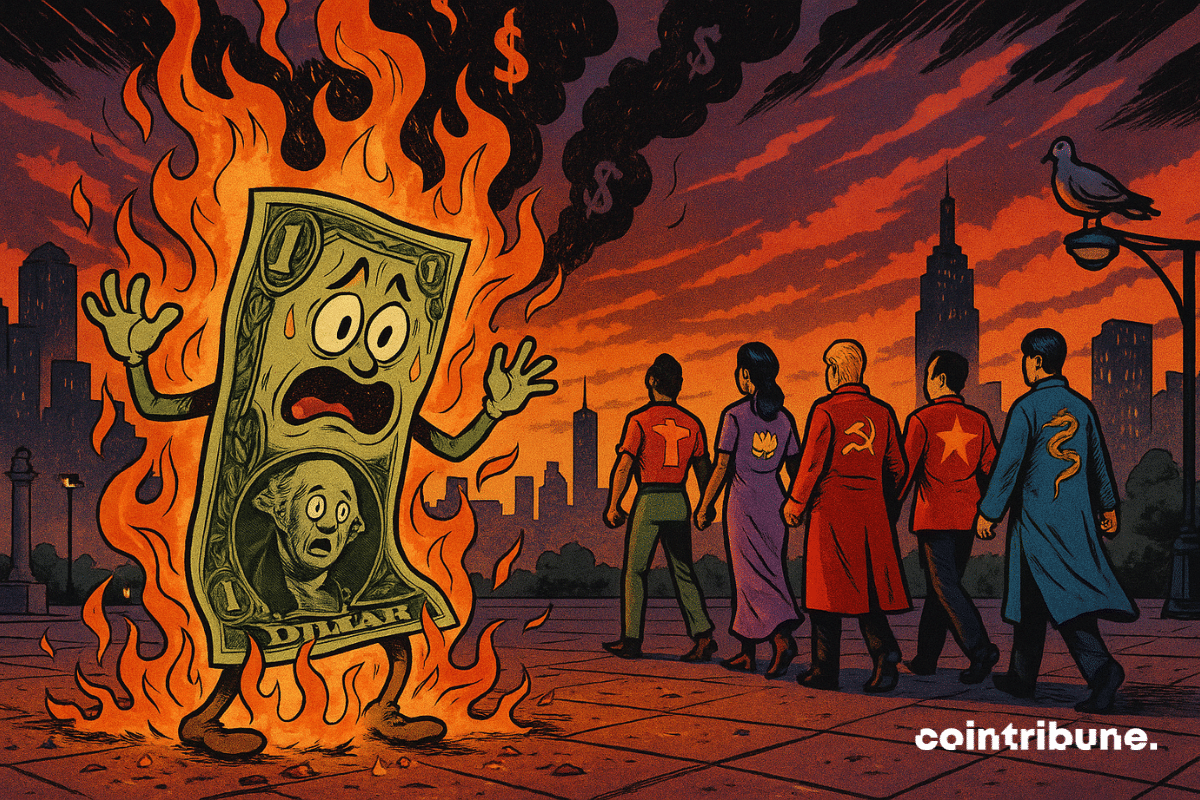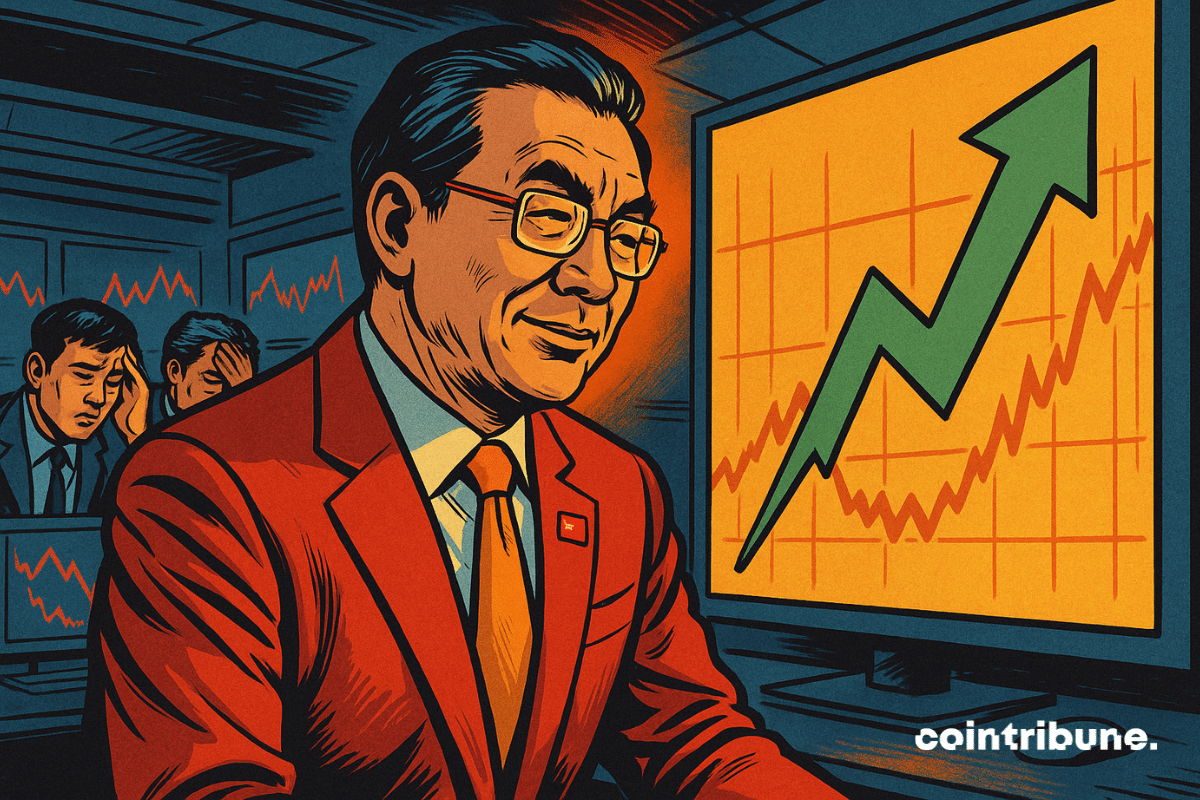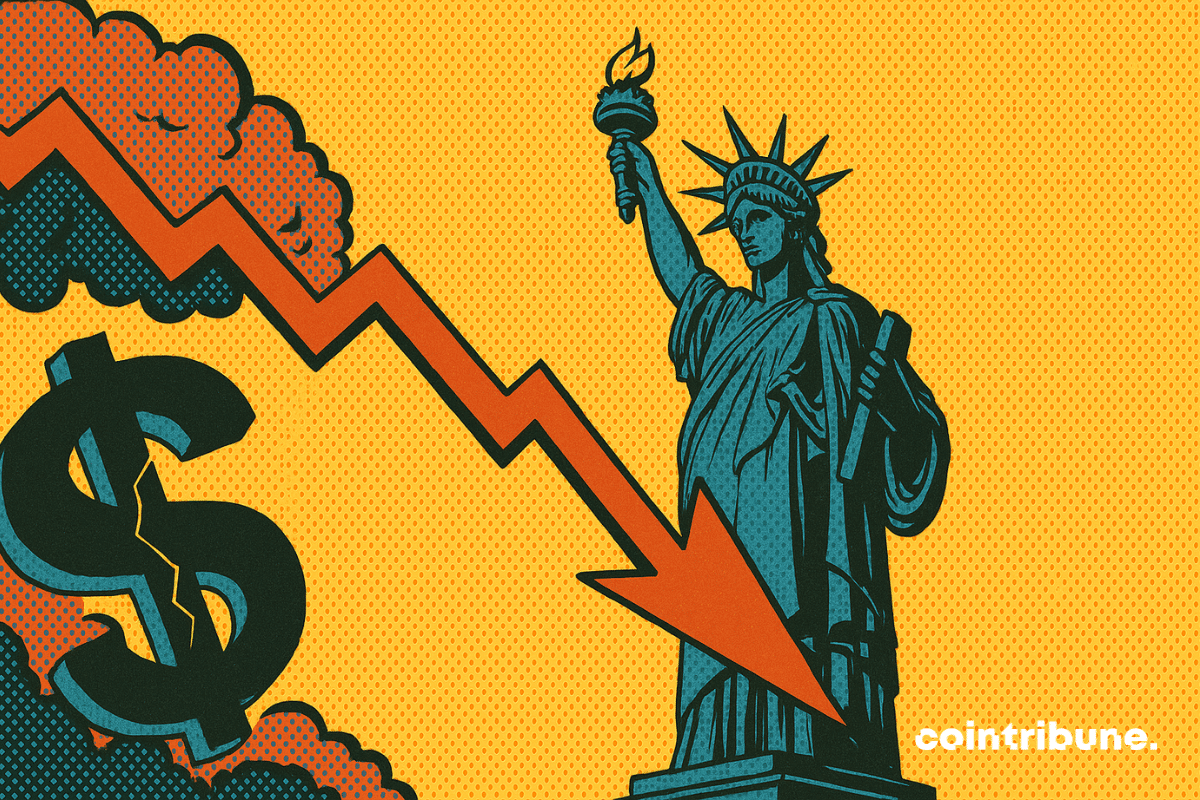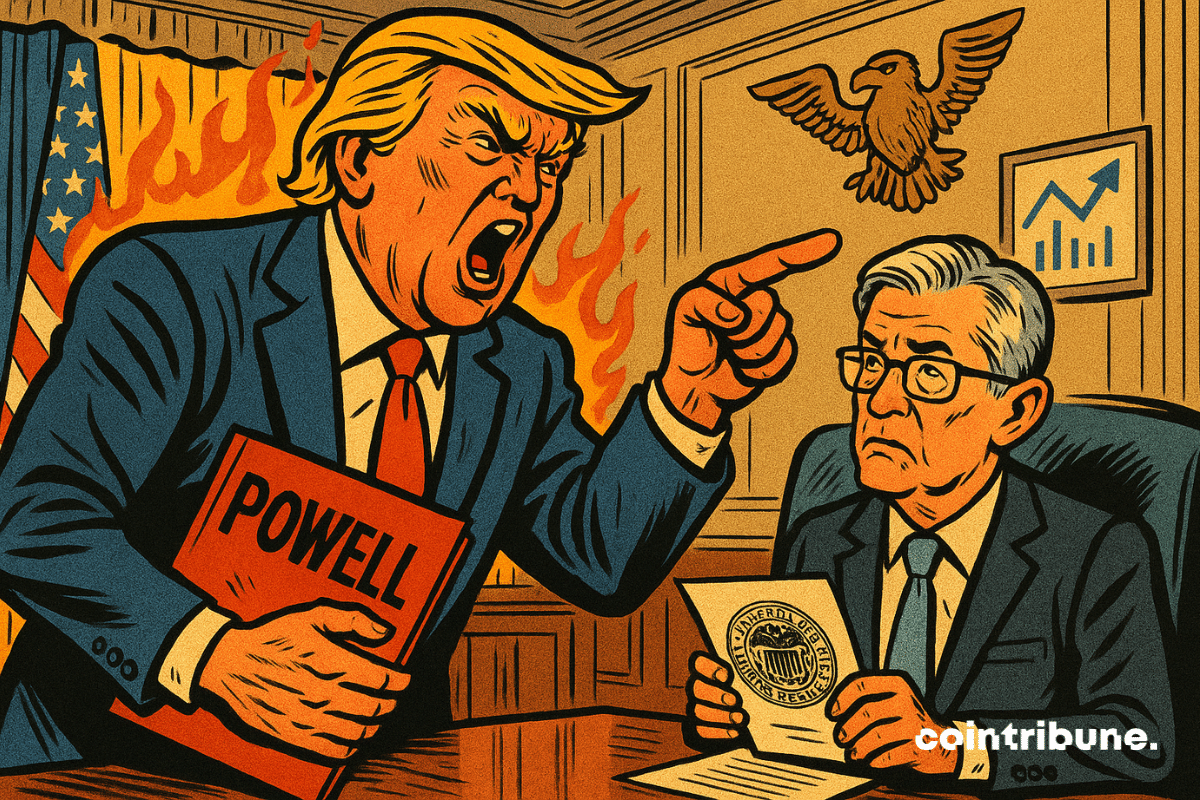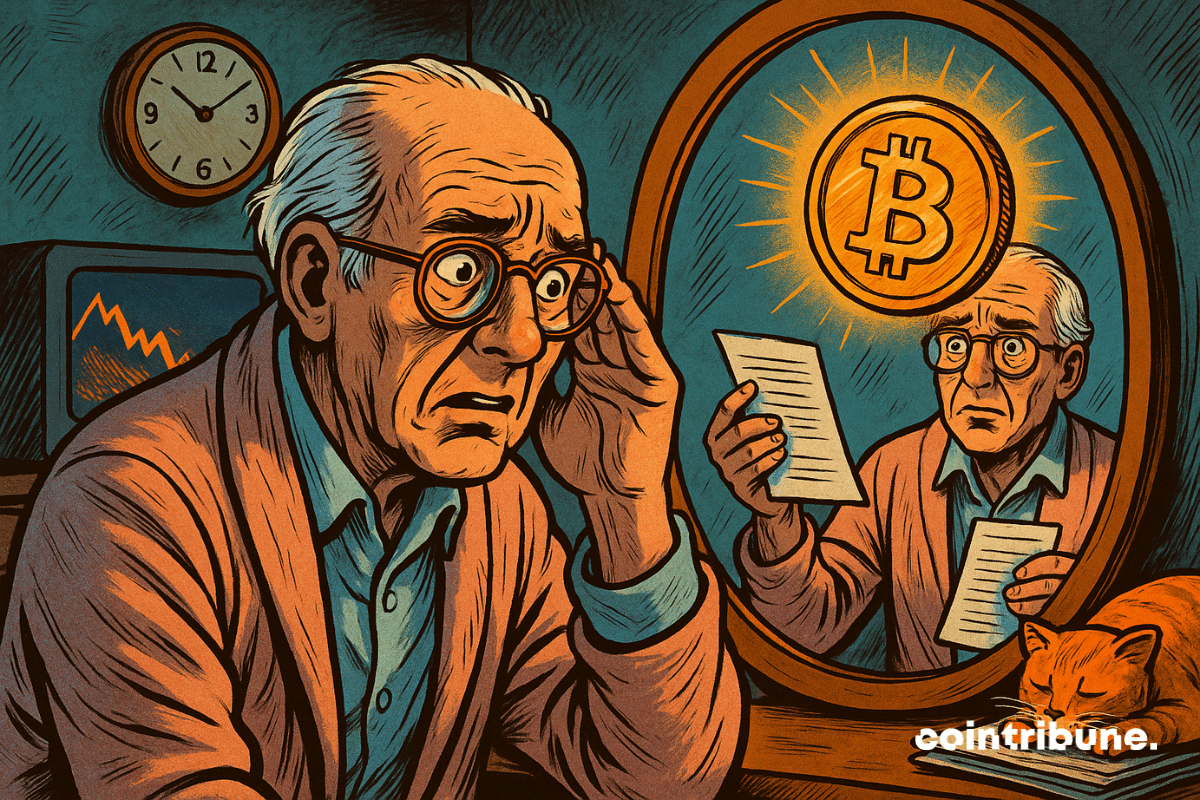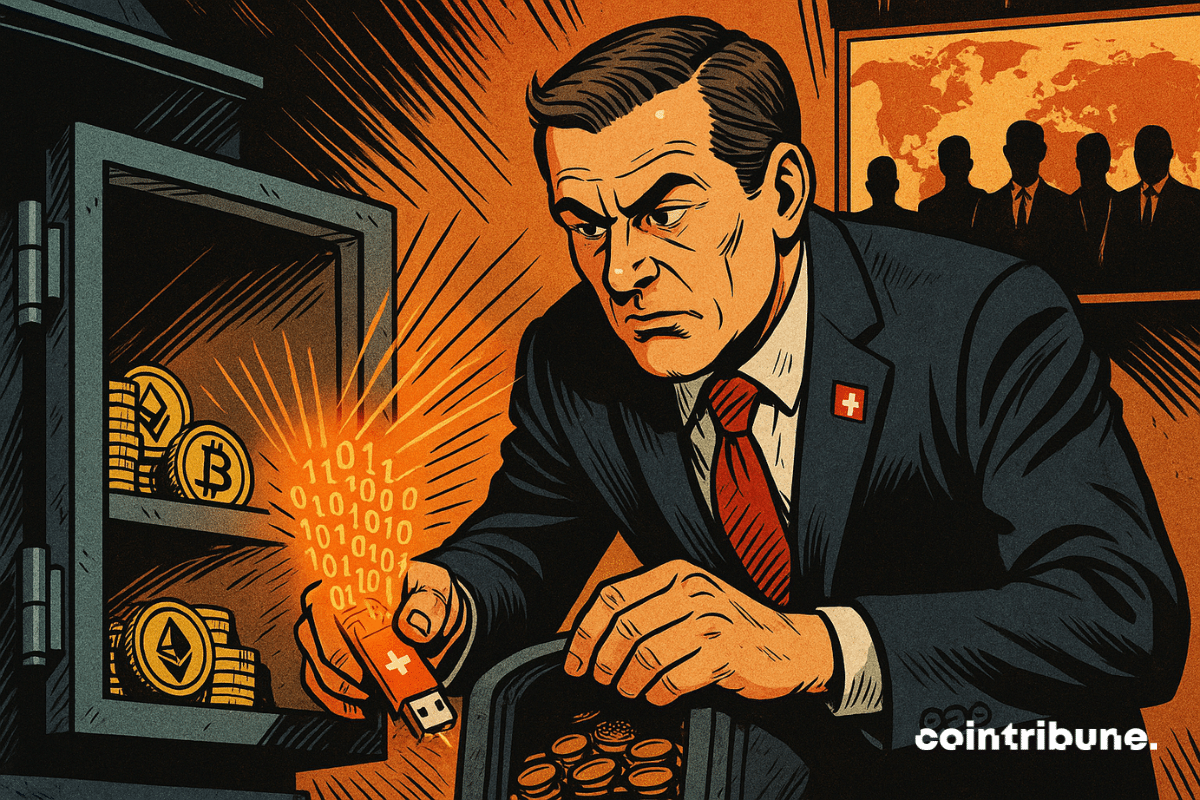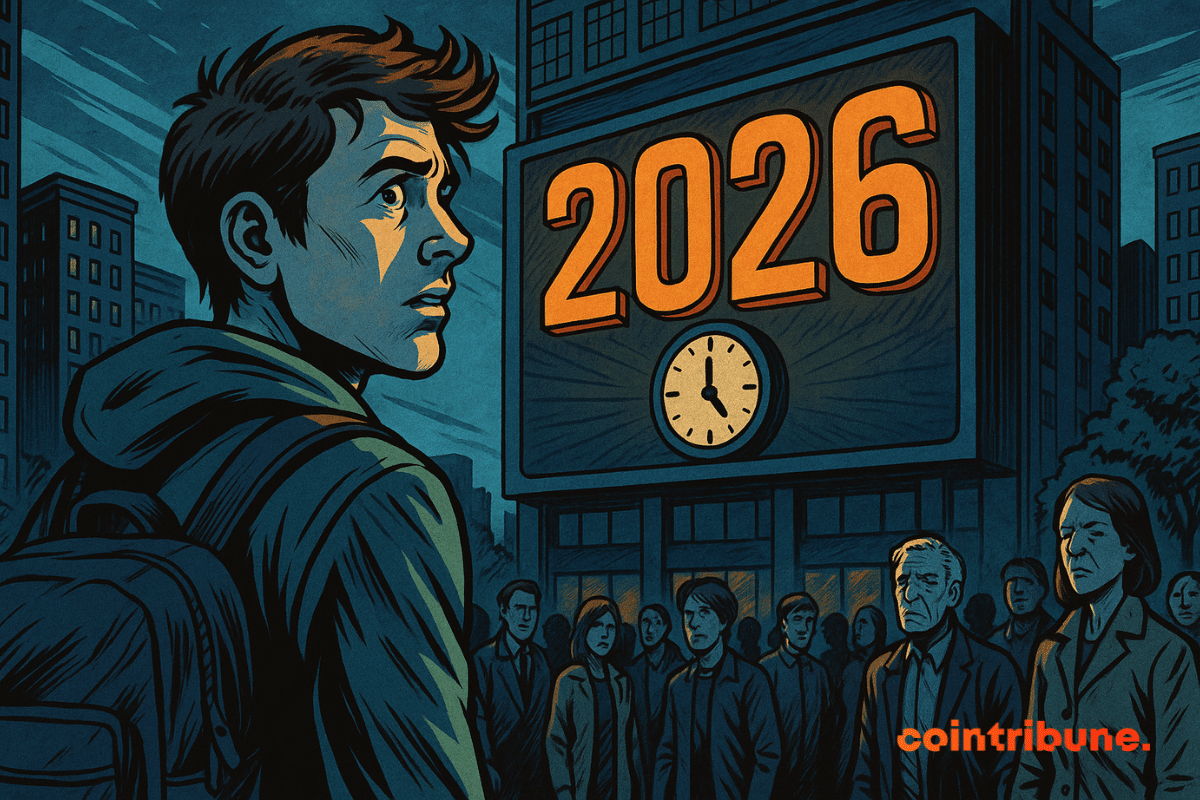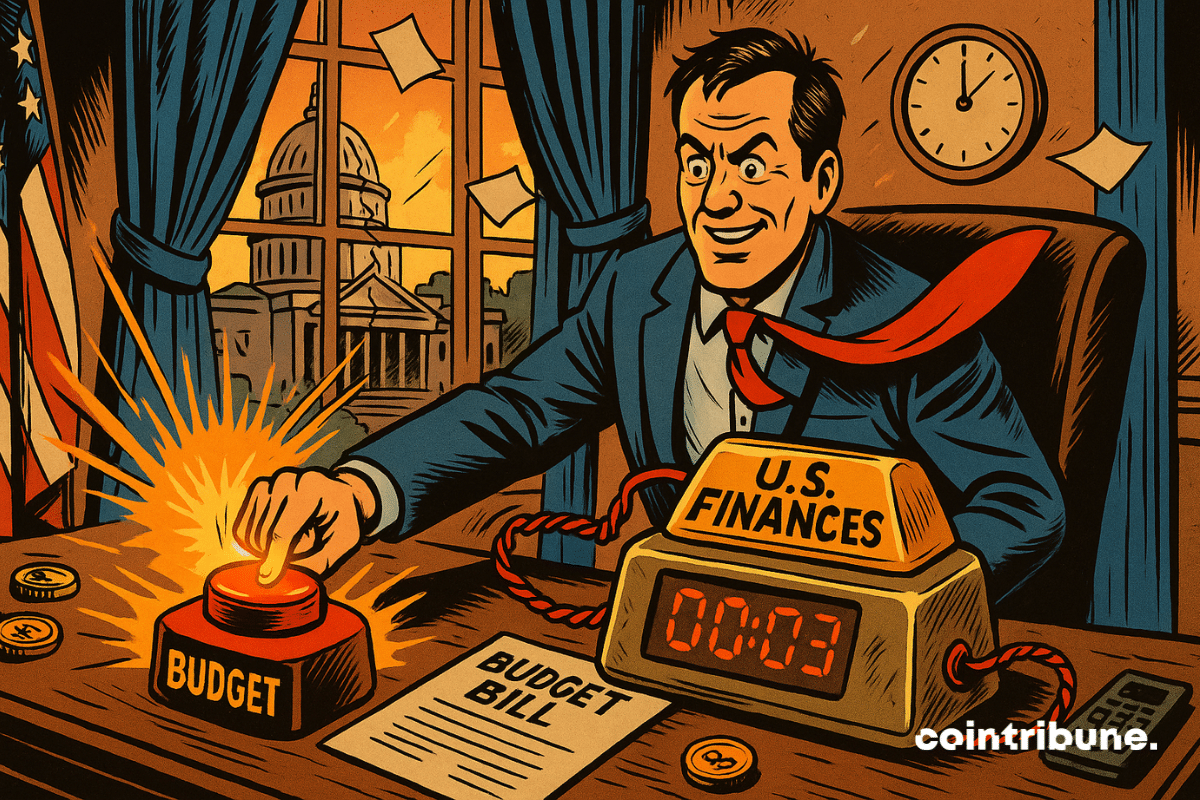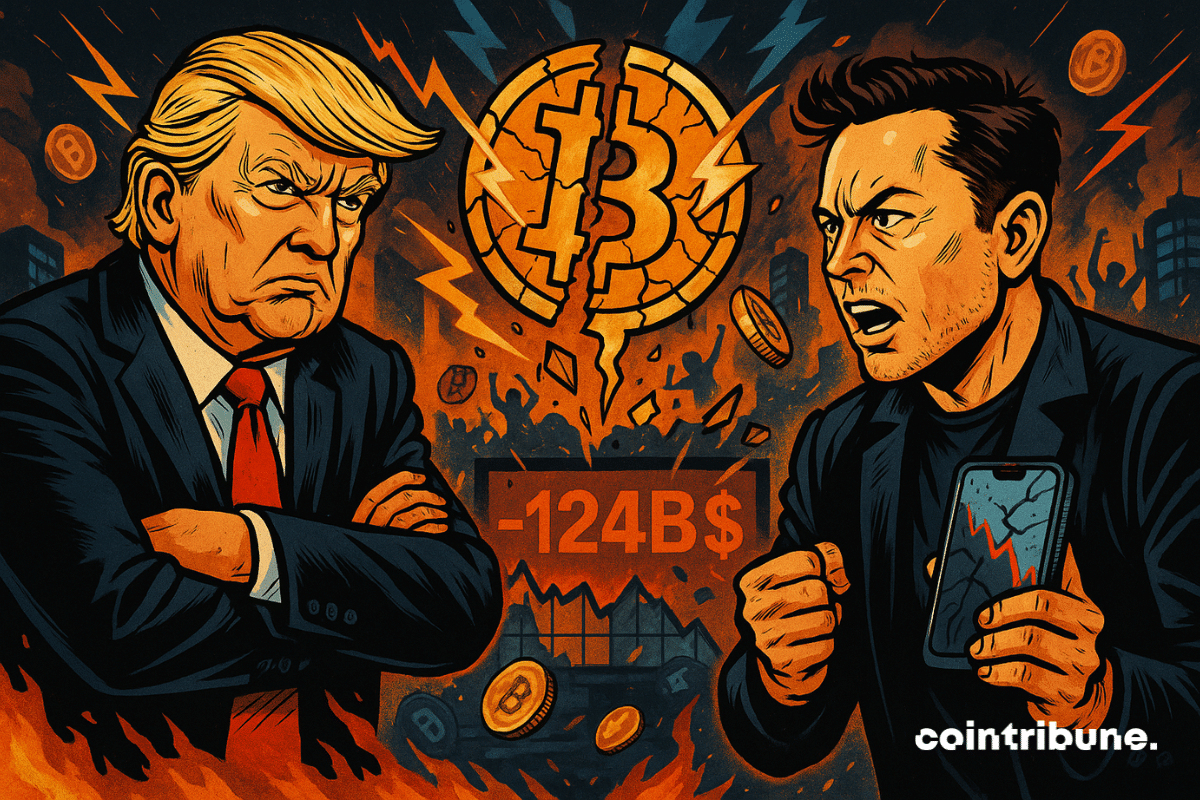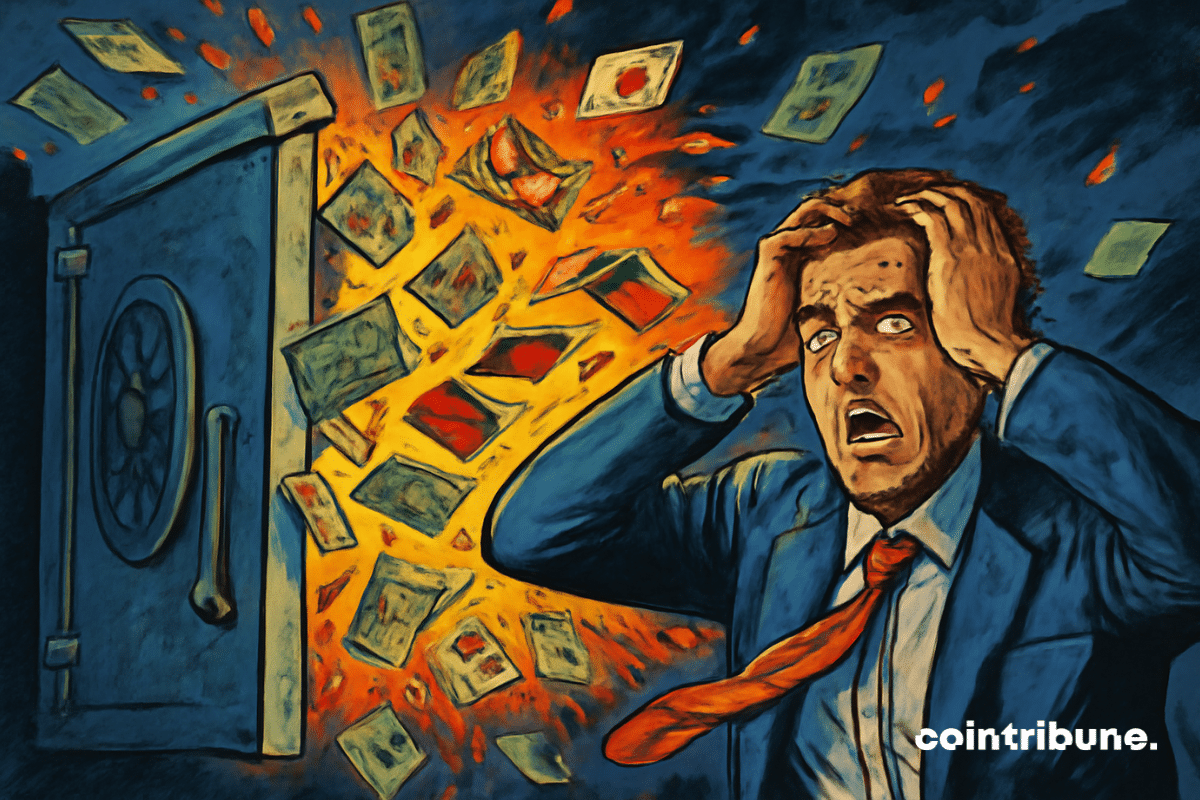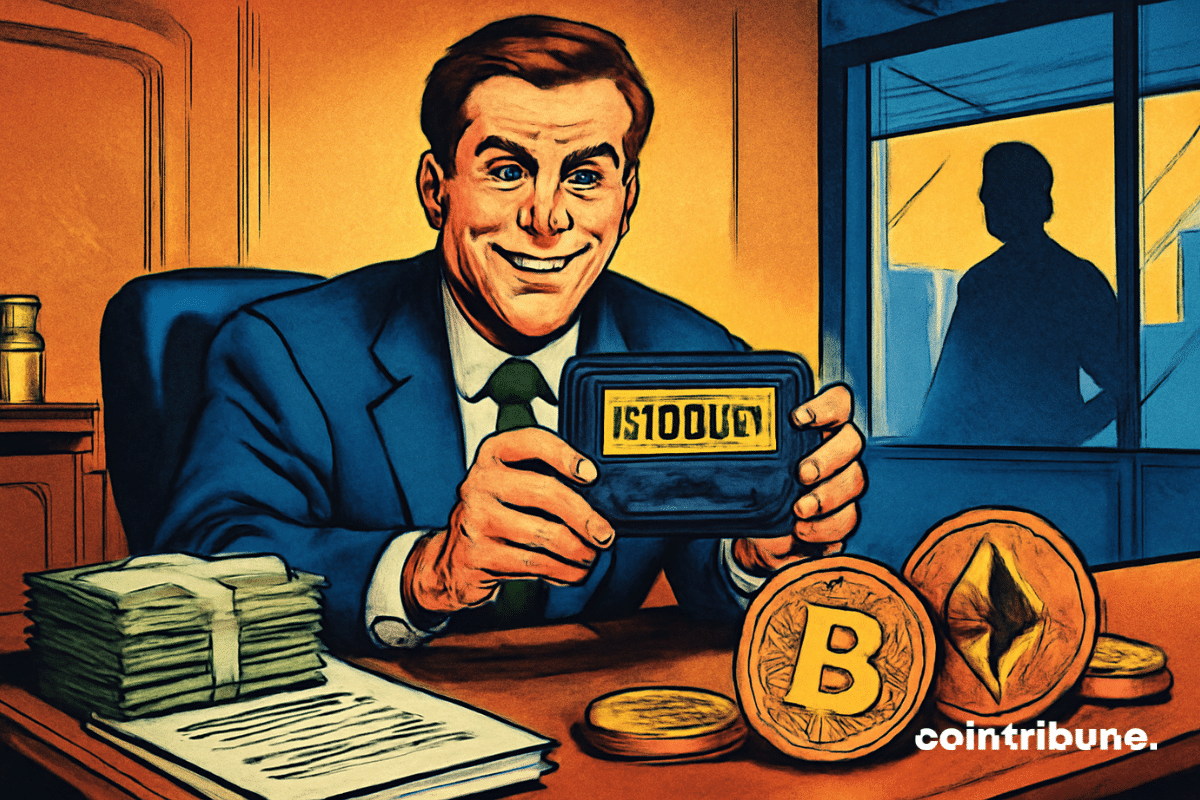Polkadot wants to trade its tokens for bitcoin in the midst of a cryptocurrency storm. A bold maneuver that shakes purists... and makes lurking maximalists smile.
Finance News
The stock market has its moods, but sometimes, it is mostly its fears. And this Friday, fear prevailed over everything else. An Israeli strike against Iran was enough to cause an immediate shock on global markets, reminding everyone that indices are never completely disconnected from the sound of bombs. In New York, the Dow Jones dropped more than 600 points right at the opening. A brutal collapse that owes nothing to chance, but everything to geopolitics. In this unstable equation, volatility has become the norm again, and the stock market a sounding board for the real world.
On June 8, 2025, a tanker under American and European sanctions discreetly docked in Japan, delivering Russian crude to a local refinery. This act, far from negligible, reveals a silent fracture in the Western consensus on energy. While the G7 has been trying for two years to isolate Moscow, Tokyo prioritizes its energy security. This episode, both symbolic and strategic, could subtly reshape the lines of a transforming global energy order.
Missiles in the Middle East, markets in turmoil: while the economy catches a cold, some are making a fortune off barrels... and others prefer to flee into solid gold. Guess who is pulling the strings?
Venezuela and Argentina adopt cryptocurrencies. Discover how inflation has driven their adoption in Latin America.
An avalanche of companies are set to make bitcoin their main cash asset and push bitcoin to rapid new highs.
New development in the crypto jungle: the police have apprehended another suspect, while the alleged leader, hiding in Morocco, awaits extradition... The noose is tightening.
In May, cryptos are surging, RWAs are skyrocketing, and Binance declares: "All is well." But behind the numbers, a creeping tokenization is quietly disrupting traditional finance…
In an economic context where every trade tension weighs on global markets, Washington has chosen firmness. On June 11, Howard Lutnick, Secretary of Commerce, ruled out any reduction in tariffs imposed on China. An unambiguous announcement, despite an agreement announced as "concluded" by both capitals. This tariff status quo reinforces uncertainty about global supply chains and sends a clear signal: the time is not for easing, even amid diplomatic dialogue.
The May US inflation shows a deceptive calm: +0.1% for the month, a figure below expectations that immediately boosted risky assets. However, behind this lull lies more enduring tensions, fueled by the renewed offensive of tariff hikes decided by the Trump administration. This seemingly reassuring figure conceals a more unstable reality, where weak signals of a coming inflation resurgence trigger doubts about the robustness of the current economic cycle.
The global economy is set to experience its most sluggish decade since the 1960s. This forecast could reshape the balance of economic power on a global scale. The warning comes from the World Bank, whose latest report, published on June 10, 2025, paints a bleak picture of the near future amidst heightened trade tensions and prolonged political uncertainties.
Bitcoin is back at around 110,000 dollars, galvanized by the rush of corporate treasurers and the teasing of White House advisor Bo Hines.
For two years, Russia has been showing an economic growth of over 4%, a figure that could pale in comparison to many European economies. Yet, behind these seemingly solid indicators, the reality on the ground is quite different: high inflation, degraded consumption, persistent shortages. The country, largely transformed into a "war economy", seems to be reaching the limits of a model based on military spending and energy rents.
When Michael Saylor proposes to Apple to exchange its shares for bitcoin, it's not a joke... or maybe a crypto revolution wrapped in an iPhone, who knows?
Since the beginning of the year, the dollar has collapsed against the euro and other major currencies. A trend that seems far from over. Markets are adjusting to an uncertain geopolitical context, fueled by the economic decisions of the Trump administration. How far will the decline of the greenback go?
BlackRock paves the way for the regulation of staking and tokenization with the SEC. This moment is as historic as the arrival of the first Bitcoin ETFs. The meeting on May 9 opens the door to a clear regulatory framework, essential for the adoption of real-world assets on blockchain (RWA). The stakes go beyond mere technological innovation. It is a major validation that confirms that RWAs are set to transform modern finance. This dynamic opens up prospects for massive institutional adoption, under the guidance of solid and compliant infrastructures.
As Washington and Beijing reopen a diplomatic channel in London, tensions over rare earths and semiconductors threaten the global balance. In the face of the Chinese delegation, Washington demonstrates its firmness. Donald Trump, true to his style, sets the tone: "China is not easy." Behind this statement lies a reality: neither side seems willing to yield on such strategic and explosive issues.
As the BRICS summit in Rio approaches, Ron Paul sounds the alarm: a monetary shift is underway. The parliamentarian mentions a "Rio Reset," a coordinated offensive by emerging economies to marginalize the dollar in global trade. Behind this statement lies a broader dynamic: the emergence of a multipolar financial order. As monetary tensions intensify, the initiative backed by the BRICS could accelerate a paradigm shift with global consequences.
In an environment marked by uncertainty and geopolitical tensions, the Chinese stock market demonstrates remarkable resilience. As trade discussions between the United States and China resume in London, the stock markets of Hong Kong and mainland China are witnessing a significant rebound, driven by the technology, pharmaceutical, and rare earth sectors. This dynamic could profoundly influence the financial balance in Asia in the coming months.
As the U.S. federal debt has just crossed the staggering threshold of $36 trillion, Larry Fink, CEO of BlackRock, warns: without a significant rebound in growth, the world's most powerful economy risks hitting a fiscal wall. Behind this alert lies an explosive equation involving chronic deficits, political inertia, and increased dependence on foreign investors.
While monetary decisions now dictate the pace of global markets, the White House is preparing to shake up the institutional chessboard. Donald Trump has announced that a change at the head of the Federal Reserve could be decided "very soon." From Air Force One, he is directly rekindling his standoff with Jerome Powell, against a backdrop of ongoing disagreements over rates. By threatening the independence of the Fed, Trump is reviving an old fracture with major economic and political implications.
How to manage your bitcoins at retirement? Is it better to simply sell your BTC, or to use them as collateral with a bank and live on credit?
Switzerland, once a discreet safe haven, is preparing to empty its crypto pockets to 74 countries... Enough to make digital anonymity enthusiasts hiding in the Alps tremble!
"MiCA not even digested, here is Brussels already sharpening its axe against DeFi: another crypto-legislation to silence the rebel codes before 2026?"
As markets scrutinize every move of the Fed and US public debt hits new records, Donald Trump is launching a vast fiscal project. His proposal is to extend and amplify the tax cuts of 2017. While his supporters see it as a growth lever, economists fear a massive budgetary drift. This text, dubbed "One Big Beautiful Bill", crystallizes the tensions between political ambition and financial viability.
Musk plays the cartomancers 2.0: crypto bets on X, algorithms as a crystal ball, and the press relegated to the status of folkloric prediction.
When Musk threatens space and Trump cuts the funding, it's crypto that takes a hit. A duel of egos, billions vanished and bewildered investors... Who really benefits from the chaos?
The rift between Donald Trump and Elon Musk, once strategic allies, is now laid bare. Amidst vehement criticisms, accusations of ingratitude, and budgetary tensions, their public confrontation reveals the fault lines of a power shared between ballots and algorithms. This clash, sparked from the Oval Office to social media, could redefine the balances between political influence, industrial ambitions, and electoral prospects.
The public debt of the major economic powers of the G7 is at the center of concerns in 2025. Amid growing worries and heightened vigilance, the fiscal management of these nations is becoming a key indicator of global economic stability. The downgrade of the United States' triple-A rating and disappointing bond sales in Japan perfectly illustrate this new tension and highlight the risks associated with increasingly unsustainable levels of indebtedness. These alarming signals reinforce investors' doubts and amplify the volatility of global financial markets.
JPMorgan, long hesitant about cryptocurrencies, marks a major turning point in the banking sector. The American bank announces the integration of Bitcoin ETFs as loan collateral, a decisive step towards the adoption of these assets. As regulation takes shape and institutional investor interest grows, this evolution could redefine the relationship between traditional finance and blockchain. This change signals a new era for financial products, placing cryptocurrencies at the heart of mainstream banking services.
